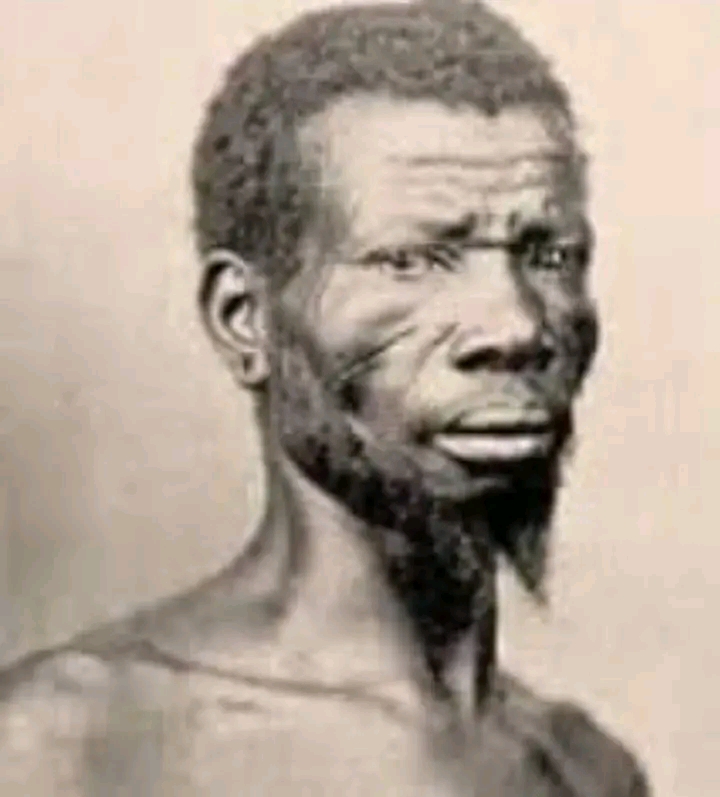Thomas Fuller, the African Maths Genius

Thomas Fuller the African maths genius also known as "Negro Tom" and the "Virginia Calculator", was an enslaved African born in today Benin 🇧🇯 1710 and died in 1790 USA renowned for his mathematical abilities. Also known as a mental calculator.
shipped to America as a slave in 1724. He had remarkable powers of calculation, and late in his life was discovered by antislavery campaigners who

used him as a demonstration that blacks were superior not inferior to whites in academics.
In this report, Rush stressed the credibility of Hartshorne and Coates. Rush retold how Hartshorne and Coates tested Fuller's mathematical abilities as follows:
First. Upon being asked, how many seconds there are in a year and a half, he answered in about two minutes, 47,304,000.

Second. On being asked how many seconds a man has lived, who is seventy years, seven- teen days and twelve hours old, he answered, in a minute and a half, 2,210,500,800.
One of the gentlemen, who employed himself with his pen in making these calculations, told him he was wrong, and that the sum was not so great as he had said-upon which the old man hastily replied, “top, massa, you forget de

leap year.” On adding the seconds of the leap years to the others, the amount of the whole in both their sums agreed exactly.
Third. The following question was then proposed to him: suppose a farmer has six sows, and each sow has six female pigs, the first year, and they all increase in the same proportion, to the end of eight years, how many sows will the farmer then have? In ten minutes, he

answered, 34,588,806. The difference of time between his answering this, and the two former questions, was occasioned by a trifling mistake he made from a misapprehension of the question.
Despite Fuller's perfect answers, it appeared to Hartshorne and Coates that his mental abilities must have once been greater. Rush wrote:
He was grey-headed, and exhibited several other marks of the weakness

of old age. He had worked hard upon a farm during the whole of life but had never been intemperate in the use of spirituous liquors. He spoke with great respect of his mistress, and mentioned in a particular manner his obligations to her for refusing to sell him, which she had been tempted to by offers of large sums of money from several persons. One of the gentlemen, Mr.

Coates, having remarked in his presence that it was a pity he had not an education equal to his genius, he said, "No, Massa, it is best I had no learning, for many learned men be great fools."
No one could challenge his abilities in mathematics.

How well did you like Mathematics in school?
My Opinie8 rating score was 6 out of 10: Good
How well did you like Mathematics in school?












